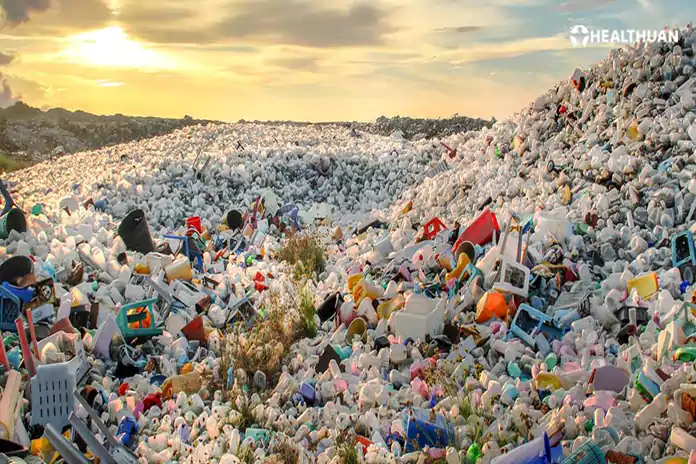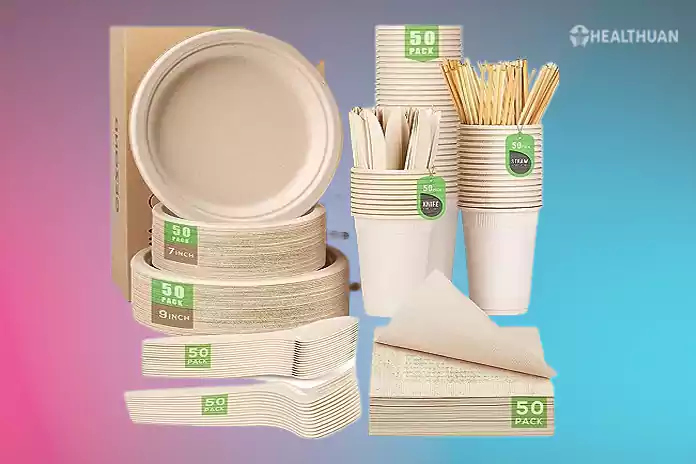As a professional, I am often asked about the impact of various materials on our health and the environment. One topic that has gained significant attention in recent years is compostable paper. In this article, we will explore the health benefits of compostable paper and why it is a sustainable choice for consumers and the planet.
Understanding Compostable Paper
Compostable paper is designed to break down naturally and return to the earth without leaving harmful residues or pollutants behind. It is derived from renewable resources such as wood pulp and plant fibres, making it a sustainable alternative to traditional paper products.
The Health Benefits of Compostable Paper
Compostable paper offers several health benefits, both directly and indirectly:
1. Reduced Chemical Exposure
Compostable paper is typically manufactured using environmentally friendly processes that minimize the use of harmful chemicals and toxins. This means consumers are less likely to come into contact with potentially hazardous substances commonly found in non-compostable paper products.
2. Lower Risk of Allergies
Some individuals may develop allergies or sensitivities to chemicals present in traditional paper products. Compostable paper’s reduced chemical content can lower the risk of allergic reactions, making it a safer choice for those with sensitivities.
3. Enhanced Indoor Air Quality
Using compostable paper products can contribute to better indoor air quality. Traditional paper products may release volatile organic compounds (VOCs) into the air, negatively impacting respiratory health. Compostable paper is less likely to emit VOCs, improving the air quality in homes and workplaces.
4. Support for Sustainable Practices
Choosing compostable paper supports sustainable forestry practices and reduces the demand for deforestation. Healthy forests play a crucial role in maintaining clean air and water, benefiting the overall well-being of communities.
5. Minimized Exposure to Harmful Additives
Compostable paper is designed to break down naturally, and as such, it does not require the addition of synthetic chemicals or additives to accelerate decomposition. This reduces the risk of exposure to harmful substances leaching into the environment.
Choosing Compostable Paper Wisely
While compostable paper offers many health benefits, it’s essential to make informed choices:
1. Look for Certification
Opt for compostable -paper products with certifications like the Compostable Logo or those meeting recognized compostability standards. These certifications ensure that the paper meets specific environmental and health criteria.
2. Dispose of Properly
To fully reap the benefits of compostable paper, dispose of it in a composting facility or follow your local guidelines for home composting. Proper disposal ensures that the piece breaks down efficiently, reducing waste and environmental impact.
3. Support Sustainable Brands
Choose products from brands committed to sustainability and eco-friendly practices. These companies prioritize the health of consumers and the environment, offering products that align with your values.
You Might Also Like The Following:

Waste Not, Want Not: The Secret to Sustainable Food Packaging Disposal
Conclusion
Compostable -paper is a sustainable choice for the environment and a healthier option for consumers. It reduces chemical exposure, lowers the risk of allergies, and supports better indoor air quality. By making informed choices and supporting sustainable practices, we can enjoy the health benefits of compostable- paper while contributing to a greener and healthier planet.
People also ask:
-
Is compostable -paper safe for my health?
Compostable -paper is generally safer for your health than traditional paper products, as it contains fewer harmful chemicals and reduces the risk of allergies or sensitivities.
-
How does compostable -paper benefit indoor air quality?
Compostable -paper contributes to better indoor air quality by emitting fewer volatile organic compounds (VOCs) than non-compostable -paper, creating a healthier living and working environment.
-
Why is compostable -paper considered sustainable?
Compostable- paper is sustainable because it is made from renewable resources, supports eco-friendly forestry practices, and reduces the demand for deforestation, benefiting the overall well-being of communities.
-
Are there certifications to look for when choosing compostable- paper?
When selecting compostable -paper products, look for certifications such as the Compostable Logo or recognized compostability standards to ensure they meet specific environmental and health criteria.
-
How should I dispose of compostable -paper properly?
Dispose of compostable– paper in a composting facility or follow local guidelines for home composting to ensure it breaks down efficiently, reducing waste and environmental impact.


[…] food packaging involves using materials such as plant-based plastics, bagasse, and compostable paper. Unlike traditional plastics, these materials break down naturally, reducing long-term […]